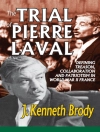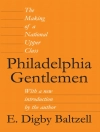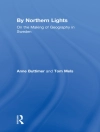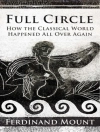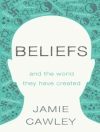During 1942, the decisive battles of Stalingrad and El Alamein raged and the Nazi genocide was at its lethal peak.
The Pen Confronts the Sword examines the shared motives behind four remarkable texts German exiles began writing that year: Thomas Mann’s
Doctor Faustus (1947); Ernst Cassirer’s
The Myth of the State (1946); Erich Auerbach’s
Mimesis: The Representation of Reality in Western Literature (1946); and Max Horkheimer and Theodor Adorno’s
Dialectic of Enlightenment (1944). Each identified a specific danger in Nazi ideology and mustered new theories, approaches, and sources to combat it. The books aimed to expose the encompassing catastrophes of German culture (Mann), politics (Cassirer), philology (Auerbach), and philosophy and sociology (Horkheimer and Adorno). Their scope, mastery, and sense of urgency constitute a comprehensive
Kulturkampf (culture war) against Nazi barbarism. Avihu Zakai cogently analyzes each work, explains the context of its creation, and draws connections between these four landmark books in Western intellectual history.
Daftar Isi
Acknowledgments
Introduction: The Age of Catastrophe: Exile and the Struggle for the Humanist Soul of Europe
Part I. Apocalypse and Eschatology in Thomas Mann’s Doctor Faustus: The “Secret Union of the German Spirit with the Demonic”
Part II. Ernst Cassirer and The Myth of the State: Portrait of the Disillusioned Philosopher
Part III. Erich Auerbach’s Book of Books and the Rational Representation of Reality in Western Literature with David Weinstein
Part IV. Enlightenment and Its Enemies: Max Horkheimer, Theodor Adorno, and the Dialectic of Dialectic of Enlightenment
Conclusion: Exile, Trauma, and Interpretation
Bibliography
Index
Tentang Penulis
Avihu Zakai is Professor Emeritus of History at the Hebrew University of Jerusalem, Israel and the author of
Erich Auerbach and the Crisis of German Phililogy: The Humanist Tradition in Peril.




